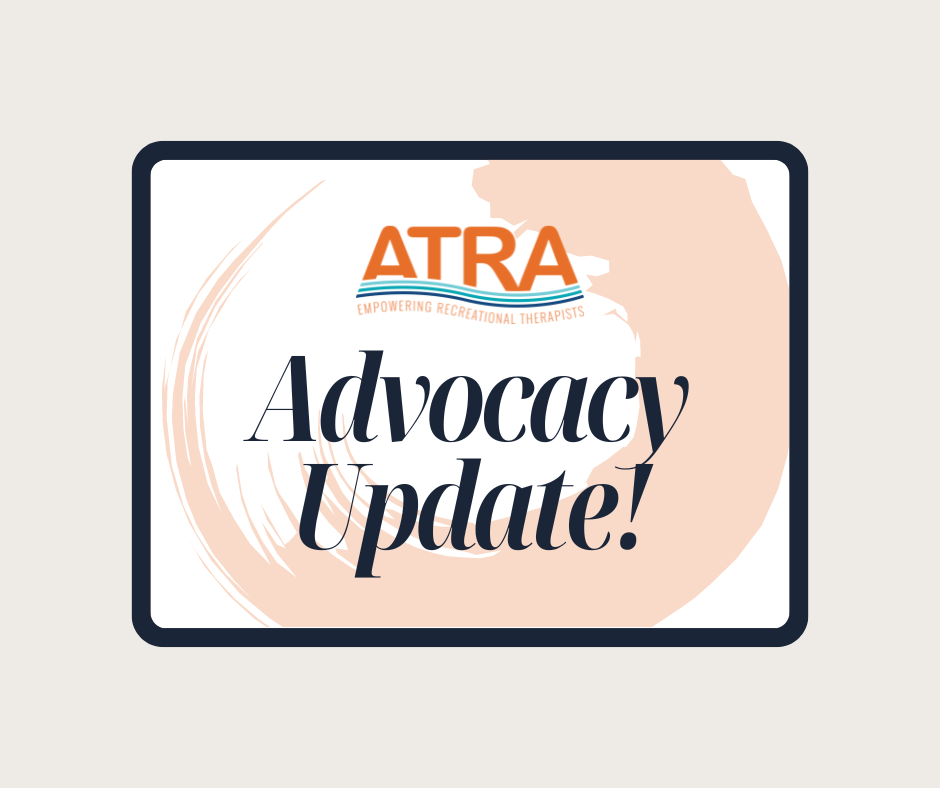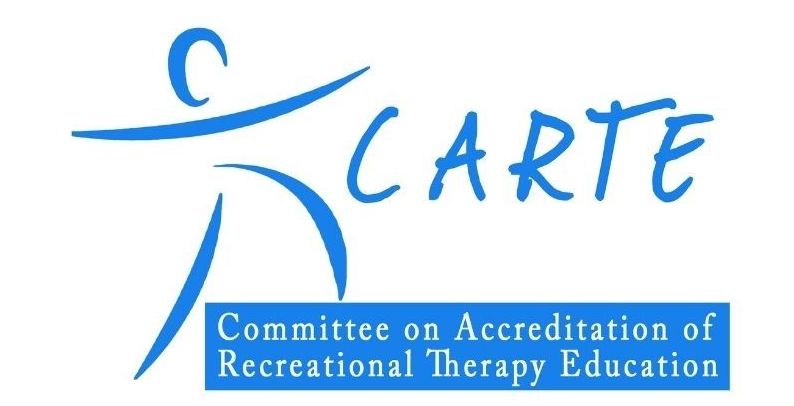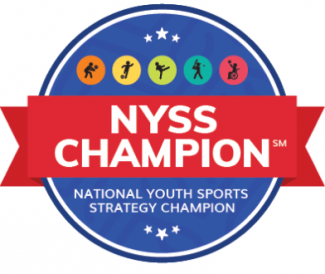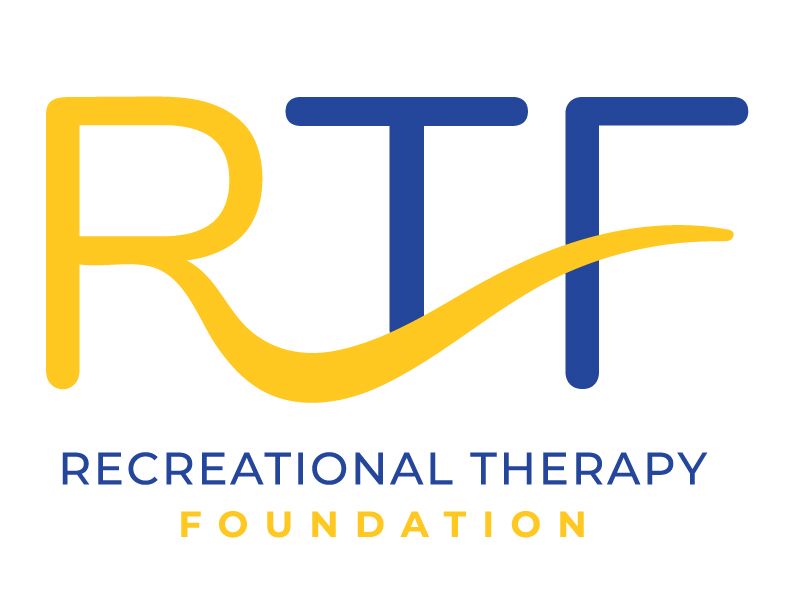FROM OUR PAST PRESIDENT
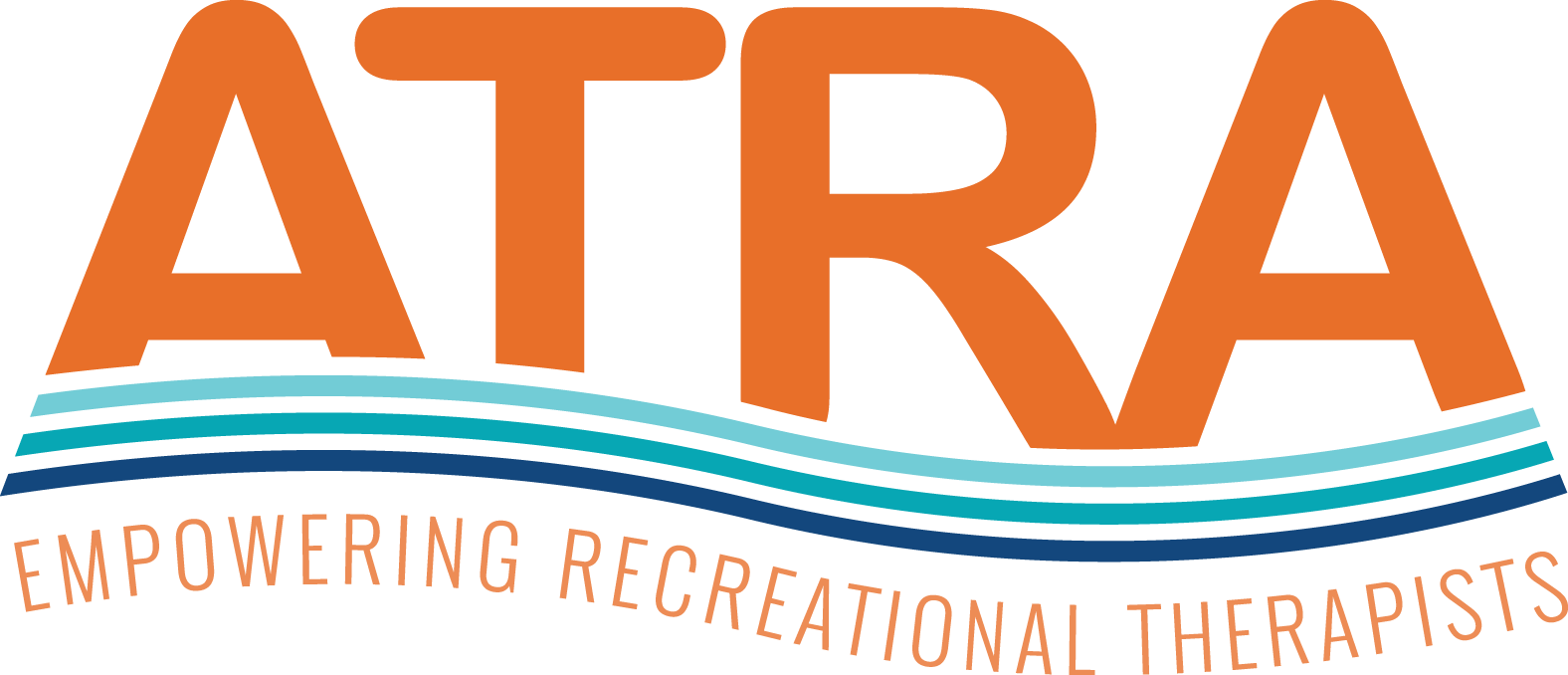
Dear ATRA Members,
It was a true honor to serve as your President this past year. Thank you for electing me, working with the Board and I, and working to improve the lives of your clients. I’d like to use this opportunity to highlight the big events of the past year.
We kicked off the year by voting on a new logo. You’ll find this new logo on all things ATRA! The logo demonstrates movement forward for the field and the organization. One way that we moved forward this year was to hire new staff. We hired a new management company, located in Reston, Virginia called DMG (now called Virtual, Inc.). Our Executive Director is an employee of Virtual, and her name is Julie Utano. Julie’s assistant is Laura Albrecht. We also hired Dr. Michelle Bateman to lead the ATRA Academy—and she’s done a great job of creating a tremendous roster of ATRA Zoominars for your continuing education pleasure! Paige O’Sullivan has brought increased traffic and attention to ATRA on social media as our new Social Media Coordinator. We are grateful for all of our new staff, and their work on behalf of the organization.
An important focus this year was making connections and moving forward. We made or maintained connections with NCTRC, CARTE, CTRA, and the RTF. We have a new partnership this year with Sagamore-Venture Publishing, which has resulted in a tremendous amount of benefits to the
ATRA member. We are moving forward with new research focused initiatives by joining the Disability Rehabilitation Research Council (DRRC) and continued focus on public policy.
The Higher Education Task Force, led by Drs. Marcia Carter and Brent Hawkins, examined the education requirements for entry-level practice for the field. Their comprehensive study yielded the following recommendations, which are being addressed by a new task force, called the North American Collaboration on RT Education, which has members of ATRA BOD, NCTRC, CTRA, and CARTE:
- Entry-level education should be the bachelor’s degree with increased and improved fieldwork experiences across curricula.
- Require that all RT/TR curricula to show consistency in learning outcomes that reflect entry-level competencies in the field.
- Incorporate new and increasing levels of competencies into bachelor’s and master’s RT/TR curricula.
- Improve the infrastructure for a graduated progression of quality fieldwork experiences.
- Determine effective models that will ensure quality, consistency, access, and affordability in graduate education to advance practice and the profession.
I want to reiterate my support for these recommendations. Moving towards a stronger uniform curriculum prior to requiring a master’s degree is an essential step.
I also want to thank all volunteers who spend their time working on committees, task forces, and activities related to our organization. We literally could not do it without you.
Past-President Sharon Nichols shared the idea of “Disrupt RT” at the conference. I really appreciated this suggestion to disrupt the way we’ve moved away from leisure. Leisure is our intervention. We measure functional outcomes related to recreation and leisure-based interventions. That is what makes us RT!
It is also essential that we all move forward by:
- NOT using the terms CLINICAL vs COMMUNITY to:
— Define if something is RT OR NOT.
— Indicate that ONE HAS MORE VALUE than the other.
— Define who belongs in ATRA.
— RT uses the APIED process.
— COMMUNITY-BASED provision of RT is EQUALLY IMPORTANT as inpatient RT.
Please know, and spread the word that EVERYONE WHO PRACTICES RT BELONGS IN ATRA!
In closing, I would like to thank the 2017-2018 ATRA BOD. Thank you for your support and super hard work! Thank you also to the Clemson faculty, who picked up the pieces I couldn’t this past year, and a huge thanks to my sweet husband, Charles, for being a total rockstar.
Thank you to all of you for your support and continued efforts on behalf of the organization.
Most sincerely,
Marieke Van Puymbroeck, PhD, CTRS, FDRT
ATRA Past-President
